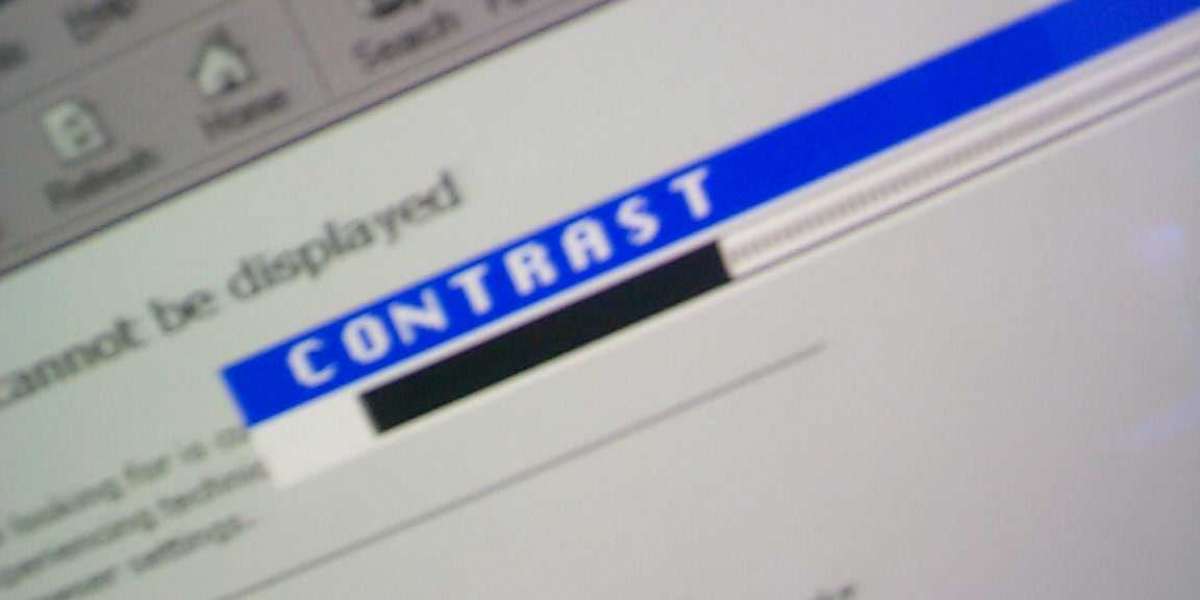 A private psychiatrist assessment could be able to help you if you are suffering from mental health issues. This type of assessment can provide shorter wait times than public services and can assist you in getting the care you require.
A private psychiatrist assessment could be able to help you if you are suffering from mental health issues. This type of assessment can provide shorter wait times than public services and can assist you in getting the care you require.You will be asked to bring your family medical history, treatment history and any symptoms. The psychiatrist will want to know if you use any drugs or suffered any traumas.
Finding a psychiatrist
Private practice psychiatrists are independent of the hospital or clinic setting and may have their own private practices. They can collaborate with insurance companies to receive payments, but many people pay cash. They have lower overhead costs and are able to provide services at more competitive costs.
Anyone who is looking to become a psychiatric private practitioner must be licensed and board eligible. Additionally, they must to establish their practice and market their services. They can choose to take on a variety of insurers or join with a reliable insurer and concentrate on filling their calendar with patients. They can also find patients directly by placing posters in public places or on the internet.
A lot of psychiatry specialists have various specializations, such as child-adolescent or geriatric medicine. They can also provide an array of services such as medication management and psychotherapy. Some psychiatrists specialize in specific medical conditions, like bipolar disorder or schizophrenia. Others prefer working with specific groups, such as seniors or veterans.
After finding an appropriate psychiatrist, the patient must set up an appointment. The initial appointment usually lasts between 1-1.5 hours. The psychiatrist will inquire about the patient's history and listen to the patient's concerns. They will then make a diagnosis using the information they've gathered. During the initial evaluation, the psychiatrist will also examine how the issue is affecting the patient's life and suggest possible treatment options.
After the initial appointment, patients will have to see their psychiatrist on a regular basis to monitor their mental well-being. This could include the use of prescription drugs or psychological therapies, such as psychoanalysis or cognitive behavior therapy. This may also include group or family therapy. In some instances the psychiatrist might need to share confidential information with other healthcare professionals to ensure the patient is receiving comprehensive care.
Safety-net hospitals, which are often referred to as county or public hospitals, offer mental health services to those who cannot afford to pay. These hospitals will usually charge a sliding scale of fees based on the patient's income. Additionally, federally accredited health centers, often referred to as community health centres, can provide low-cost or free psychiatric care.
Make an appointment
Private psychiatrist assessments are usually cheaper than a face-to-face visit with a specialist for mental health. However, it is important to be aware of the guidelines of your insurance policy before you book an appointment. Your copay or deductible may not cover services that aren't considered "medically necessary" by your insurance provider. Psychiatrists who accept medical insurance will list their rates either on their website or through their call center. Those who don't are known as "out-of-network providers." Depending on your insurance plan you may be required to pay a percentage of the total cost upfront.
During your initial assessment the psychiatrist will review your medical history and ask about your symptoms. They may also inquire about your family or relationships which can affect your mood. The questions might be uncomfortable, but they are essential to establish a proper diagnosis. They could also ask about your use of alcohol or other drugs.
At the conclusion of your first session, the psychiatrist will decide whether or not to prescribe medication. If they decide to, they will contact your GP and arrange for you to be given the prescription by them. They may also recommend an therapist on your behalf if you require therapy.
You will be able to arrange follow-up sessions with your psychiatrist when needed. The sessions typically last 30 minutes. However, if they recommend therapy sessions, they'll be longer. In some cases you may also need to take part in group therapy sessions.
Psychiatrists can prescribe medications to treat a wide range of disorders such as depression, anxiety and eating disorders. They also treat bipolar disorder, ADHD and psychotic disorders like schizophrenia. If you're prescribed medication, you must follow the directions to take it and to keep your appointments.
You can locate a psychiatrist through an online service, like Doctor on Demand. The service provides a selection of psychiatrists who have different backgrounds and specialties. Appointments cost $299 for a first consultation and $129 for the subsequent sessions. The online service also provides a convenient way to file your insurance claim.
During the Assessment
A private psychiatrist assessment is an in-depth and focused appointment than a typical consultation. The appointment is scheduled for 90 minutes and the doctor will ask you questions to gain a better understanding of your symptoms and how they impact on your daily life. They will likely ask a range of questions regarding your personal background, family medical history, and any previous treatments you've had for mental health issues.
It might seem invasive or even invasive It's important to answer all questions in a professional manner. This will help your psychiatrist come up with an accurate diagnosis that is tailored to your particular requirements. They'll probably inquire about any traumatic or stressful experiences you've had and how they affect your. They'll also inquire about your drug use and any issues with substance abuse you might have experienced.
They will also arrange for blood tests, and other medical exams. They might contact your GP to arrange them for you through the NHS or recommend you pay for them privately. If they believe it's required, they can refer you to a mental health professional or psychologist to further investigate and treatment.
Psychological assessments are typically conducted by psychiatrists, however they are also performed by psychologists and nurses. It is best to consult an experienced psychiatrist, as they are experts in mental health issues and can provide you with the most effective treatment.
It is recommended to avoid consuming drugs or alcohol prior to your exam, as it can affect your ability to judge and think. It is also crucial to get enough sleep and take regular breaks to keep your body hydrated. This will allow you to feel more at ease and will allow you to have a more enjoyable assessment experience.
The next step after your mental health assessment is therapy and your psychiatrist will collaborate with you to develop an effective treatment plan for your needs. It is possible that you will need to schedule regular appointments or only occasionally follow-up.
After the Assessment
If you've been struggling with a mental health condition, such as ADHD or anxiety, you could benefit from an assessment with a psychiatrist in private. Before you book an appointment, you should keep some things in your mind. You'll need an appointment with an ophthalmologist. This is especially crucial if you're looking to make use of your medical insurance coverage. If you do not have private insurance coverage, you may want to consider looking into community mental health services available in your region.
When you arrive for your psychotherapy exam the psychiatrist will take into consideration your current symptoms as well as your previous treatment history. You will be asked to describe what has happened, including any traumatic events. They will also inquire about your family's background to better comprehend any issues that are prevalent in your family.
You'll likely be asked to take various psychiatric tests as well. They will differ based on the situation and could include urine and blood tests to check your levels of vitamins, hormones, and electrolytes. These tests will help the doctor determine the root of your symptoms. They'll also look into whether you've had a prior history of substance abuse or if you're taking any medications.
During the interview, the psychiatrist will pay close attention to the words you speak and your body language. This is the most important aspect of the process since it helps the psychiatrist understand your mental state and determine the kind of assessment you require. If the psychiatric assessment suggests that you require further treatment, a therapist may be recommended.
 If you're struggling with mental health issues, you can contact Dr Adrian Winbow or Prof Tony Hale at Iam I Am Psychiatry for a private psychotherapy assessment. You can book an appointment at your convenience and receive a detailed session report that will likely include the diagnosis and suggested treatment. The service will also provide an exact copy of the report to your GP. This is a complete service that is focused on speedy and high-quality results.
If you're struggling with mental health issues, you can contact Dr Adrian Winbow or Prof Tony Hale at Iam I Am Psychiatry for a private psychotherapy assessment. You can book an appointment at your convenience and receive a detailed session report that will likely include the diagnosis and suggested treatment. The service will also provide an exact copy of the report to your GP. This is a complete service that is focused on speedy and high-quality results.






